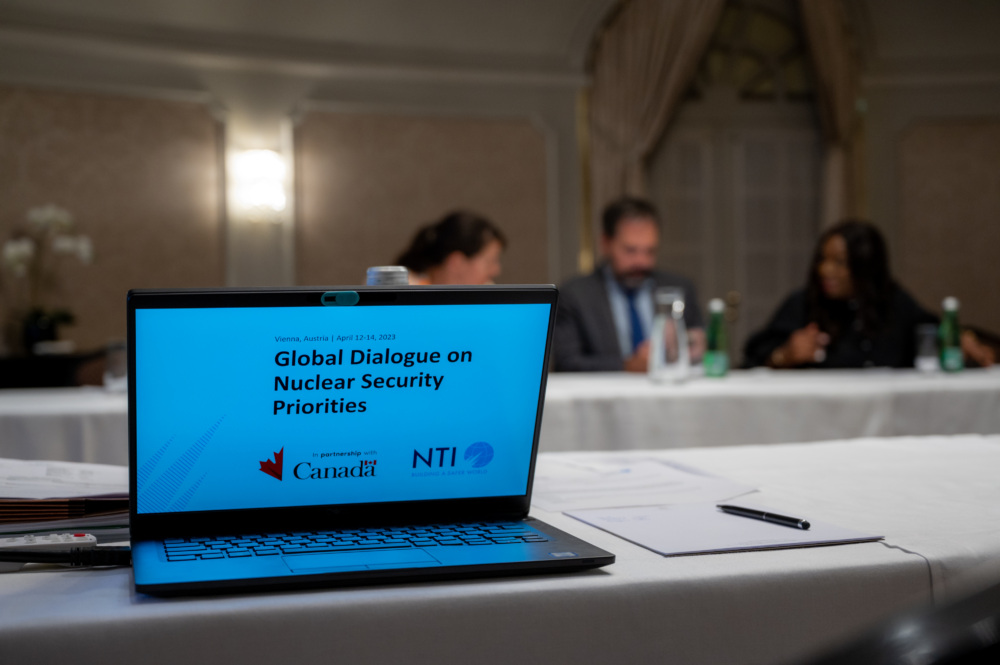
Fostering Nuclear Security Leadership and Innovation
Lessons Learned from 10 Years of the Global Dialogue on Nuclear Security Priorities
This is an excerpt from NTI’s white paper, titled “Options for Strengthening the Global Nuclear Security System,” which reflects early analysis and proposals from the Global Dialogue on Nuclear Security Priorities. It does not reflect the consensus opinion of NTI or the group of global experts participating in the Global Dialogue.
Consensus on Strengthening the Global Nuclear Security System
At the first meeting of the Global Dialogue on Nuclear Security Priorities, the Nuclear Threat Initiative (NTI) proposed that the global nuclear security system required strengthening and identified five characteristics of what should comprise such a strengthened system.
We believe a system that meets these characteristics can be achieved by strengthening existing mechanisms and through voluntary measures implemented by states in the near term. It does not require the negotiation of a new legal mechanism or convention at this time. While legally binding mechanisms may be desirable at some future point, the current lack of political consensus for such an agreement would delay urgently needed security upgrades that could be achieved sooner through voluntary mechanisms.
The discussion at the first Global Dialogue meeting demonstrated a strong consensus from participants on the need to strengthen the global nuclear security system, both for each state individually and for all states globally, and to address gaps in today’s patchwork of agreements, guidelines, and multilateral engagement mechanisms. There was also convergence on the five characteristics and a wide-ranging discussion of the implications of each characteristic for existing expectations, behaviors, obligations, and mechanisms.
At our second meeting, we propose to advance the group’s thinking on three of the key issues that emerged and for which no other forums currently exist. In particular, this paper addresses (1) the role of best practices and standards in strengthening security; (2) the global security benefits of international assurances; and (3) the feasibility of achieving a system that is comprehensive in its coverage of all weapons-usable nuclear materials, including materials outside civilian programs.
Sign up for our newsletter to get the latest on nuclear and biological threats.
Lessons Learned from 10 Years of the Global Dialogue on Nuclear Security Priorities
The Nuclear Threat Initiative has convened government officials, experts, representatives from international organizations, and industry leaders since 2012 to define what a truly comprehensive and effective global nuclear security system would look like and has developed related recommendations. This paper is the culmination of this work and lays out a vision for strengthening the global nuclear security system and the steps needed to achieve it, including after the summit process ends.
This primer provides an overview of the key agreements, guidelines, multilateral engagement mechanisms, and implementation services that make up today’s nuclear security system.